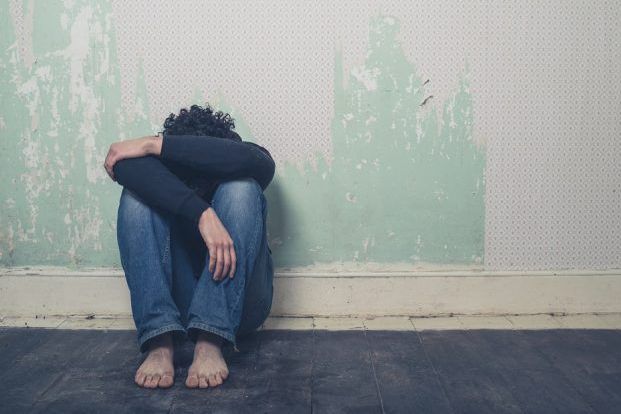Depression and Fatigue: A Vicious Cycle
Apr 19, 2022
People with depression are more prone to experience fatigue and people with chronic fatigue are more likely to become depressed, creating a cycle that can be strong to break. Potential causes of depression fatigue include sleep problems, diet, stress and even the medications used to treat depression. The symptoms of depression can bring about few drastic changes in a depressed person’s life, daily routines and their behavior.

Often it is these changes that makes a person depressed & prevents the person from getting better. Although researchers have long suspected that depression and unexplained fatigue are linked, the nature of the relationship between the two common conditions is unclear. The symptoms of depression can bring about few drastic changes in a depressed person’s life, daily routines and their behaviour. Often it is these changes that makes the depression inferior and prevent the depression from getting better. For example, a lack of motivation or a lack of energy can result in a depressed person cutting back on their activities, neglecting their routine tasks and responsibilities and leaving decision-making to others. When you are depressed and think about the things you have to do, you may feel overwhelmed by the pile of things you have put off doing. This may result in you feeling guilty or thinking that you are ineffective or even a failure this will also worsen your depression. Medication such as antidepressants can help change your energy level and improve your sleep.
Another way is to simply increase your activity level, basically in pleasure state of mind activities and tackling your list of tasks and responsibilities, but doing it in a realistic and achievable way, so that you set yourself up to succeed.
Becoming more active has a number of advantages because activity can help you to:
- feel better
- feel less tired
- think more clearly.




